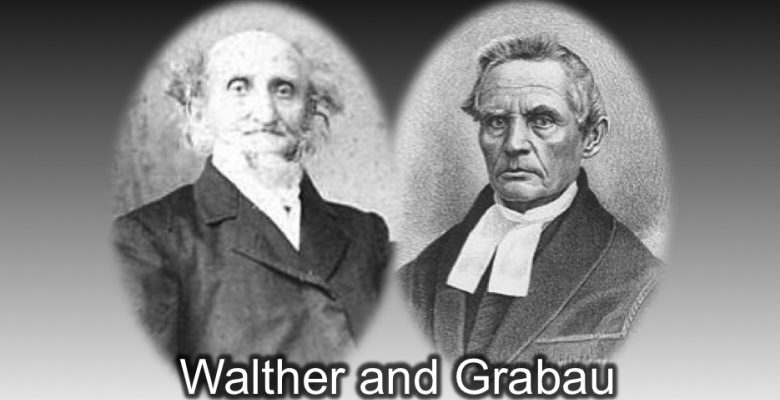Reliable sources in the U.S. and Hong Kong tell Congregations Matter that President Harrison and his United Lister Board for International Mission (BIM) are selling a reported $35 million of LCMS Hong Kong properties to bail out Synod finances in St. Louis. Quietly, and without contacting our partner church in Hong Kong, the BIM is moving their Asia headquarters to Taiwan to ready the Hong Kong property for sale. According to sources in Hong Kong who saw a note on the door of the headquarters building, the move out of Hong Kong and into Taiwan will be completed by March 1st. It seems that Synod’s chose Hong Kong properties for sale because of their high value — and because it is one of the few locations where expatriation of money to the states is allowed after the sale of properties. Have such plans been approved by the LCMS Board of





